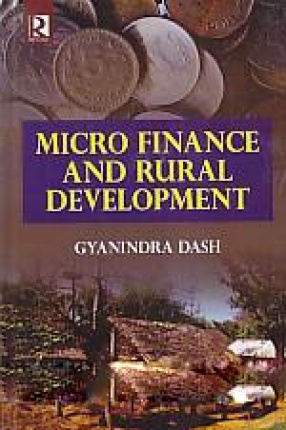This book reports the findings of a sample study, sponsored by the ILO, of 300 firms drawn from seven industries in Mumbai. There were little or no data on flexible practices employers followed in India in the late 1980s. This was the first attempt to collect them. Many hypotheses are formed relating these practices to changes in the product market, technology and factor market. They are examined using multivariate analysis which lends to the study a measure of rigour rare to come by in micro level work on flexibility in India. An aspect, neglected even to this day, is the relation between different types of flexible labour. The authors explore it and highlight the role of technology, unions and local practices. They examine the impact of unions on wages, wage determination and skill and gender-based wage differentials. The book indicates the dynamic gains of unionization which are often neglected. Completed in the early years of liberalization of the Indian economy, the study speculates on its likely impact on the quantity and quality of employment and industrial relations system in India. The authors urge the parties to play a cooperative rather than a conflictual game to stand up to the intense competition certain to accompany liberalization and globalization.
Micro Finance and Rural Development
$41.40
$46.00





There are no reviews yet.